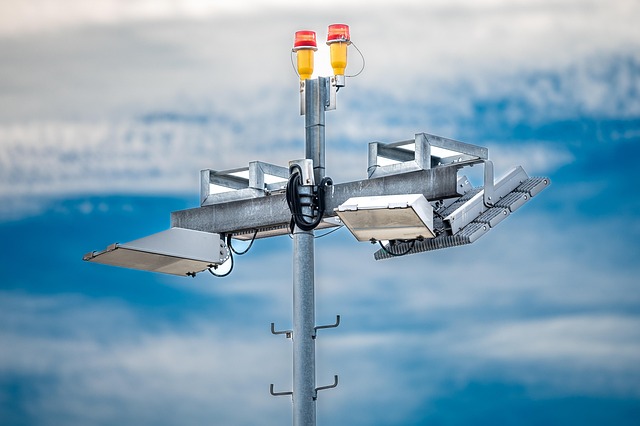Event Planning for Local Businesses thrives on understanding community needs through active listening (surveys, focus groups), setting clear goals (brand awareness, community building, cause promotion), and tailoring events to specific demographics and engagement preferences. Defining objectives aligned with both business and community interests creates meaningful connections, builds trust, enhances reputation, and fosters a vibrant neighborhood.
Community outreach events are a powerful tool for local businesses to connect with their target audience and strengthen neighborhood bonds. Effective event planning requires understanding community needs and setting clear goals. This article guides business owners through each step, from identifying key demographics and defining objectives, to mastering logistics, securing funding, and creating engaging content that resonates with attendees. Discover how strategic planning can transform your events into successful collaborations that benefit both your business and the community.
- Understanding Community Needs and Setting Clear Goals
- – Identifying target demographics and their interests
- – Defining event objectives: building community connections, promoting business visibility, or educating the public
Understanding Community Needs and Setting Clear Goals

Understanding your community’s needs is a crucial step in successful event planning, especially for local businesses looking to engage and connect with their neighbors. It involves listening to the community’s concerns, interests, and aspirations. By conducting surveys, organizing focus groups, or simply engaging in one-on-one conversations, businesses can identify what matters most to the people they aim to serve. This process ensures that events are relevant, attractive, and beneficial to the local population.
When setting goals for community outreach events, clarity is key. Local businesses should define specific objectives, whether it’s raising awareness about their brand, fostering a sense of community, or promoting a particular cause. Clear goals guide event planning, ensuring every activity aligns with the desired outcome. This strategic approach helps to maximize engagement and leaves a lasting positive impact, enhancing the relationship between businesses and their local customers.
– Identifying target demographics and their interests

When planning community outreach events, understanding your target demographics is key to a successful and engaging event. Local businesses should first identify the specific groups they wish to attract based on factors like age, interests, and geographic location. For instance, a local farmers market would cater differently to young families with children compared to elderly residents. By pinpointing these demographics, businesses can tailor their events to resonate with attendees’ preferences.
Event planning software and community surveys can aid in this process by providing insights into what activities and topics appeal most to each demographic. Incorporating these interests into the event design ensures higher attendance and participation rates. Event planners should also consider how different groups may prefer to engage, whether through interactive workshops, demonstrations, or simply social gatherings, to create a welcoming atmosphere for all.
– Defining event objectives: building community connections, promoting business visibility, or educating the public

When planning community outreach events, defining clear objectives is the first step in ensuring a successful event. For local businesses, event planning goes beyond just celebrating a grand opening or promoting a new product line; it’s about forging genuine connections with the community. These events serve as a platform to showcase business expertise, foster trust, and create a sense of belonging. By engaging directly with residents, local businesses can enhance their reputation, establish loyal customer bases, and contribute to the overall vibrancy of the neighborhood.
Objective setting should align with both the business’s goals and the community’s needs. For instance, a local bakery might aim to promote its freshly baked goods while also educating attendees on sustainable food practices. On the other hand, a tech startup could focus on showcasing innovative solutions to everyday problems, thereby increasing its company visibility and cultivating interest among potential investors or partners. Event Planning for Local Businesses is not just about selling products or services; it’s about creating meaningful experiences that resonate with the community.
Community outreach events, when planned with a clear understanding of local needs and specific goals, can greatly benefit local businesses. By identifying target demographics and setting objectives like community connection or business visibility, event planners can create meaningful experiences that resonate with attendees. This strategic approach to Event Planning for Local Businesses not only fosters stronger community ties but also enhances the public’s perception of participating businesses. Ultimately, these events have the potential to drive foot traffic, boost sales, and contribute to a thriving local economy.














